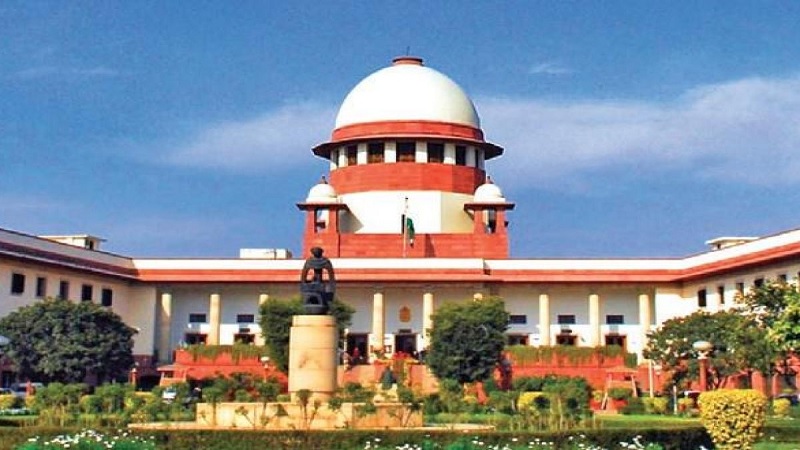 Image Courtesy:newindianexpress.com
Image Courtesy:newindianexpress.com
A special leave petition has been filed in the Supreme Court concerning the issue whether an adolescent boy, who enters into a relationship with a girl who is a minor, can be punished for the offence of sexual assault under The Protection of Children from Sexual Offences (POCSO) Act.
According to LiveLaw, the plea reads, “Punishing teenagers having a consensual affair which later tums out to be sour for any reason cannot be considered as an objective of the Act and it would only defeat the object of the Act. The Act is silent on the aspect where two individuals though may be less than 18 years, enters into a consensual relationship and in the absence of this, certainly the application of law in the Act cannot be permitted to charge and punish individuals in such relations keeping the fact of changing societal needs. Such consensual incidents certainly cannot be seen from the nature of such stringent provisions of the POCSO Act.”
This petition has been reportedly filed against a Madras High Court order that held that even if a minor girl develops a consensual relationship with her partner, he could be penalised under the POCSO Act. The bench of Justice P Velmurugan held that once the case is registered, it is an offence against the state and no subsequent compromise cannot take away the offence.
The appellant was convicted by the trial court under section 5(l) [penetrative sexual assault on the child more than once or repeatedly] read with 6 [punishment of aggravated sexual assault] of POCSO Act and sentenced him to undergo 10 years rigorous imprisonment. He challenged his conviction before the High Court, while his sentence was already suspended based on the affidavit by the prosecutrix.
The prosecutrix filed a sworn affidavit before the court seeking suspension of sentence and stated that both appellant and the prosecutrix are living together for four years, and they settled the matter and hence, the trial court order be set aside, reported SabrangIndia.
As per LiveLaw, this present petition has also been filed in light of a recent High Court order by another coordinate Bench of Tamil Nadu. In that case, Justice N Anand Venkatesh held that the POCSO Act “did not intend to bring within its scope or ambit, cases of the nature where adolescents or teenagers involved in romantic relationships are concerned.”
Justice Anand Venkatesh had noted that many parents and family members have been filing false POCSO cases against adolescents and teenagers involved in romantic relationships but clarified that such allegations are not always frivolous and it depends on the facts and circumstances of each case, as reported by SabrangIndia.
The court observed, “….Nor is this Court scientifically justifying in toto, the genuineness or predicament of the accused in every case where it appears that the accused and victim child have been in a romantic relationship. That will depend on the facts and circumstances of each and every case.”
The petitioner in the instant case has also referred to the Supreme Court’s decision in S. Kasi v. State, wherein it has been held that a coordinate bench must follow the decision of another coordinate bench and in case of ambiguity, should refer the issue to a larger bench, as reported by LiveLaw.
Related:
POCSO Act not to penalise teenagers in romantic relationships: Madras HC
Madras HC refuses to entertain compromise of accused and complainant in POCSO case
SC addresses paternalistic and misogynistic attitudes reflected in judicial orders; issues directions